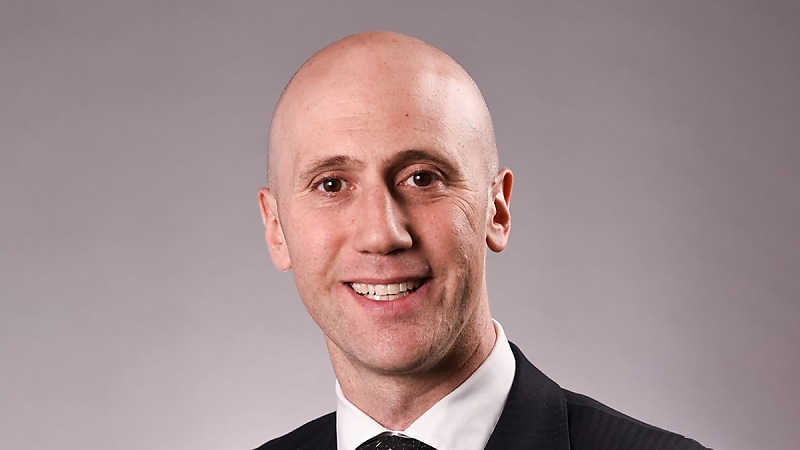Caution advised with tax effect accounting
Tax effect accounting is emerging as one of the strategies being employed to help mitigate tax implications from the proposed legislative super changes, but some issues need to be considered, a legal specialist has warned.
Bryce Figot, special counsel for DBA Lawyers, says that in simple terms, tax effect accounting is utilised when an SMSF enters a pension, and the provision for deferred income tax liability reduces, while TSB increases.
“If the SMSF is in pension mode and then commutes, that is, it stops the pension, the SMSF can recognise provision for deferred tax, thus decreasing the TSB, so on balance, it is best to start tax effect accounting after 1 July 2025,” he said.
“However, if you start tax-effect accounting on or after 1 July 2025, here's a question you have to be able to answer: Does it appear that the SMSF entered into or carried out the scheme for the sole or dominant purpose of getting a scheme benefit?”
Figot said it’s important to consider whether, as an adviser, you may be promoting a scheme and subject to promoter penalties.
“All things being equal, start tax effect accounting on or after 1 July 2025, but be sure you can grapple with why you are doing it.”
“Understand, objectively, what's your sole or dominant purpose, getting a scheme benefit, and what a scheme benefit [is]. I'm talking tax deduction in a liability under an act which the commissioner has a general administration.”
Figot continued that with the incoming Division 296 tax, comprehensive estate planning should be considered, particularly an SMSF member's death.
“If we consider the most recent life expectancy table from the Australian government actuary and we're talking about clients in their late 70s, 80s, their life expectancy is not massive. Often it's single digits.”
“And what is the de facto death tax rate on super death benefits? The short answer is, and this is extraordinary, in a country that does not formally have death tax, it's a third so when it comes to dying superannuation is the opposite of tax enhanced.”
As clients progress through their 80s, Figot said, engaging in an “orderly drawdown” of super during their remaining lifetime, they should consider how much they would pay outside of super with marginal tax rates.


